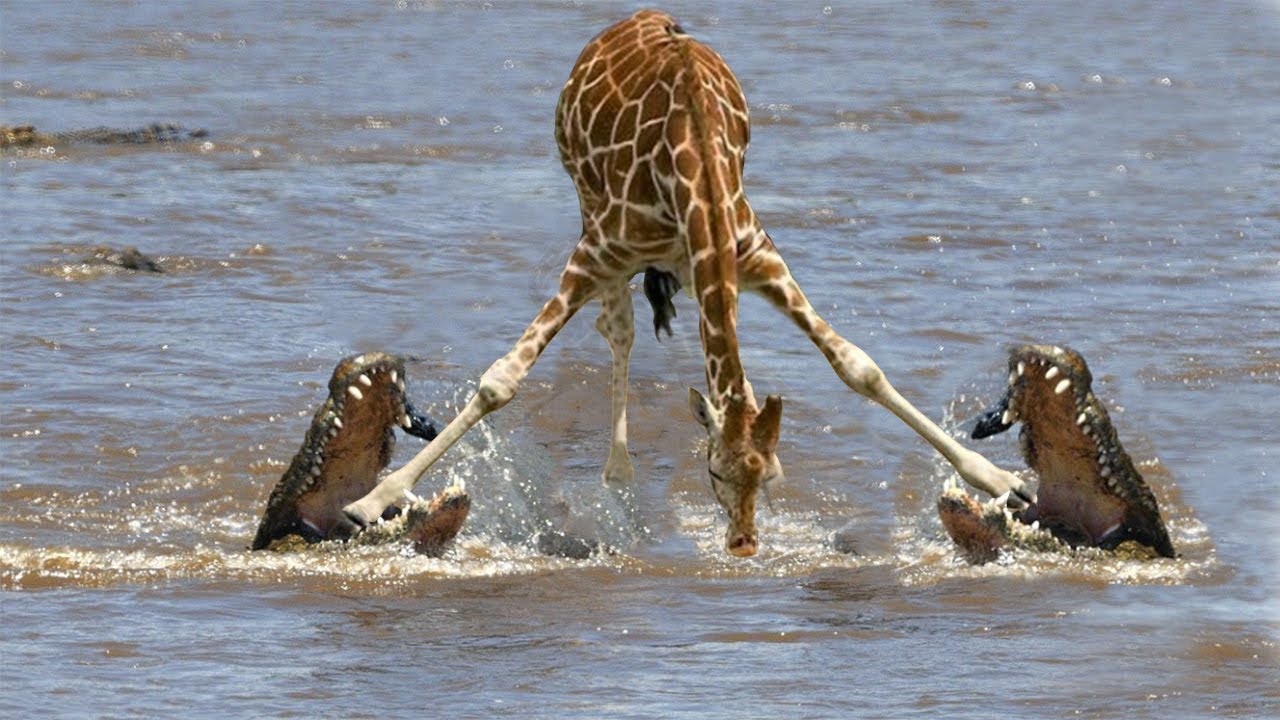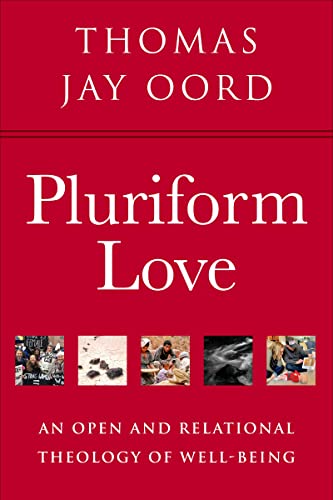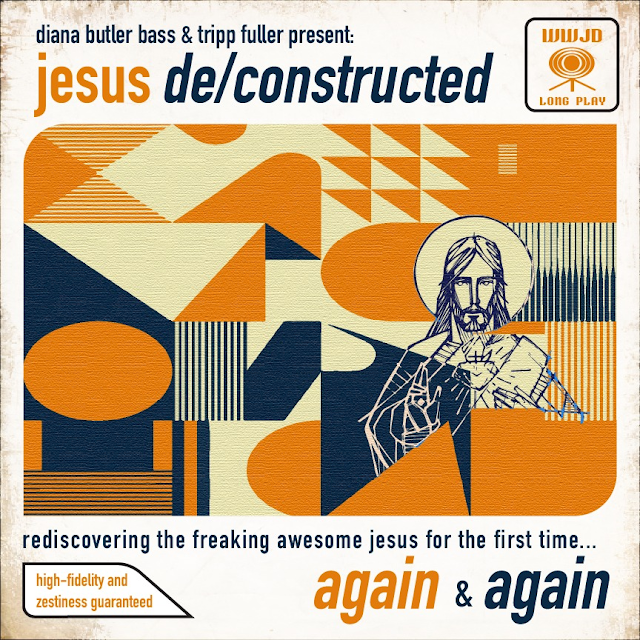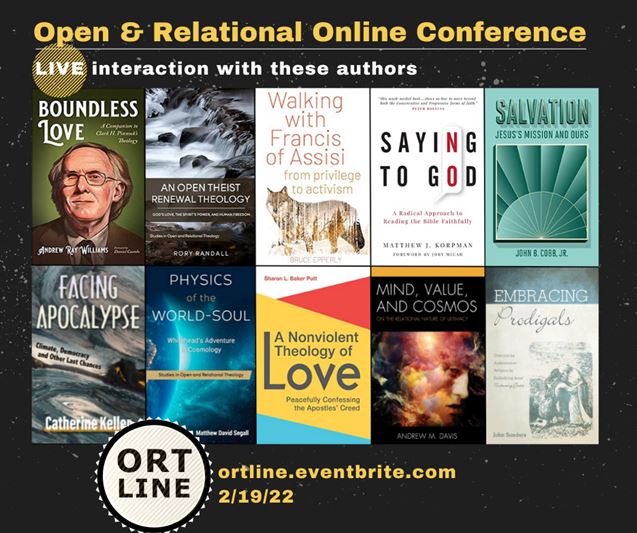
We, in the open and relational process world, say that God is a loving presence in the universe, beckoning creatures on our planet, through a process of evolution, to a variety of forms of life, two of which are giraffes and crocodiles. Are-predator-prey relations a result of God's beckoning? Is it God's will that creatures eat one another? Why so much suffering? Is it truly reasonable to speak of a God of tender love, when there's so much violence? I struggle with this. Read the page and help me out.
Questions for Open and Relational Theologians
Divine love is pluriform: God loves in numerous ways to promote the well-being of people, other creatures, and all creation. - Thomas Oord
Where is God for the Dying Giraffe?
- How does the giraffe feel God's presence, even if in an unconscious way? Is God's presence what process theologians call an initial aim: that is, a lure to live with satisfaction relative to the situation at hand?
- Do crocodiles also feel God's luring presence? Do they, too, feel God's immanence as a lure to live with satisfaction? Is their hunger a response to God's lure?
- If God lures the giraffe and the crocodiles toward these competing aims, is God conflicted? Or does God take sides?
- Nita Gilger writes:
"The giraffe was so very vulnerable. It was not a fair fight or in any way merciful. It almost seemed like the crocodiles were taking delight in the suffering of their prey as it struggled to free itself from their grasp. Instead of just chomping the juggler, the crocs took turns maiming and drowning the giraffe as it cried out."Would the giraffe's suffering be an example of what you call genuine evil? I'm not blaming the crocodiles here. But I am talking about the giraffe's pain.
- Why, from an open and relational perspective, are there predator-prey relations in the first place? I know that, according to Thomas Oord, God did not set up the initial conditions of life on earth single-handedly. But did God play a role in bringing about predator-prey? If so, is God still loving and empathetic? Would it not be more plausible to say that God doesn't really care about individuals? And if that's the case, would God really be all-loving?


"The God of uncontrolling love acts moment by moment and exerts causal influence upon all. God acts first as a cause in every moment of every creature’s life. Creatures feel this influence, even when they are not conscious of it. There is no time when, and no location where, God is not present and influencing.""God does not create evil, and God did not singlehandedly determine the conditions for it to occur.""We can solve the primary dimensions of the problem of evil by saying God can’t prevent evil singlehandedly, empathizes with the hurting, works to heal, endeavors to bring good from bad, calls creatures to join in overcoming evil, and does not create evil."

- A creation which is physically conflicted - human disabilities for instance or those "tweener" stages of evolutionary development responding too slowly or too quickly to the conditions around it?
- Or a creation which is psychologically conflicted - something along the lines of the Apostle Paul who said, "We/It wishes to do good but cannot do good."
Therefore did that which is good become a cause of death for me? (Romans 7.13)
- Or a creation which is spiritually conflicted?
"...but I know you, that you do not have the love of God in yourselves." (John 5.42)
7 Beloved, let’s love one another; for love is from God, and everyone who loves has been born of God and knows God. 8 The one who does not love does not know God, because God is love. 9 By this the love of God was revealed [a]in us, that God has sent His only Son into the world so that we may live through Him. 10 In this is love, not that we loved God, but that He loved us and sent His Son to be the [b]propitiation for our sins. 11 Beloved, if God so loved us, we also ought to love one another. 12 No one has ever seen God; if we love one another, God remains in us, and His love is perfected in us. 13 By this we know that we remain in Him and He in us, because He has given to us of His Spirit. 14 We have seen and testify that the Father has sent the Son to be the Savior of the world.
15 Whoever confesses that Jesus is the Son of God, God remains in him, and he in God. 16 We have come to know and have believed the love which God has [c]for us. God is love, and the one who remains in love remains in God, and God remains in him. 17 By this, love is perfected with us, so that we may have confidence in the day of judgment; because as He is, we also are in this world. 18 There is no fear in love, but perfect love drives out fear, because fear [d]involves punishment, and the one who fears is not perfected in love. 19 We love, because He first loved us. 20 If someone says, “I love God,” and yet he hates his brother or sister, he is a liar; for the one who does not love his brother and sister whom he has seen, cannot love God, whom he has not seen. 21 And this commandment we have from Him, that the one who loves God must also love his brother and sister.

















